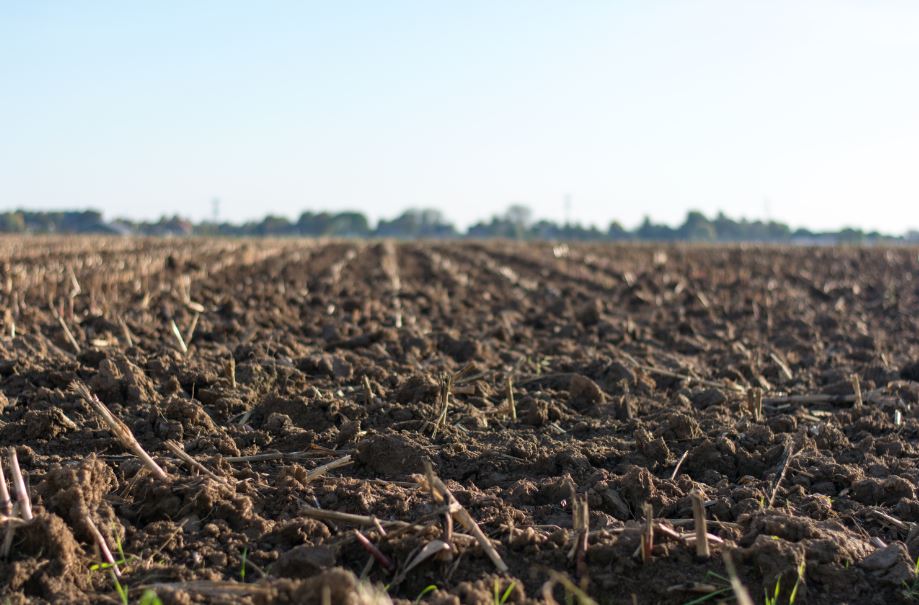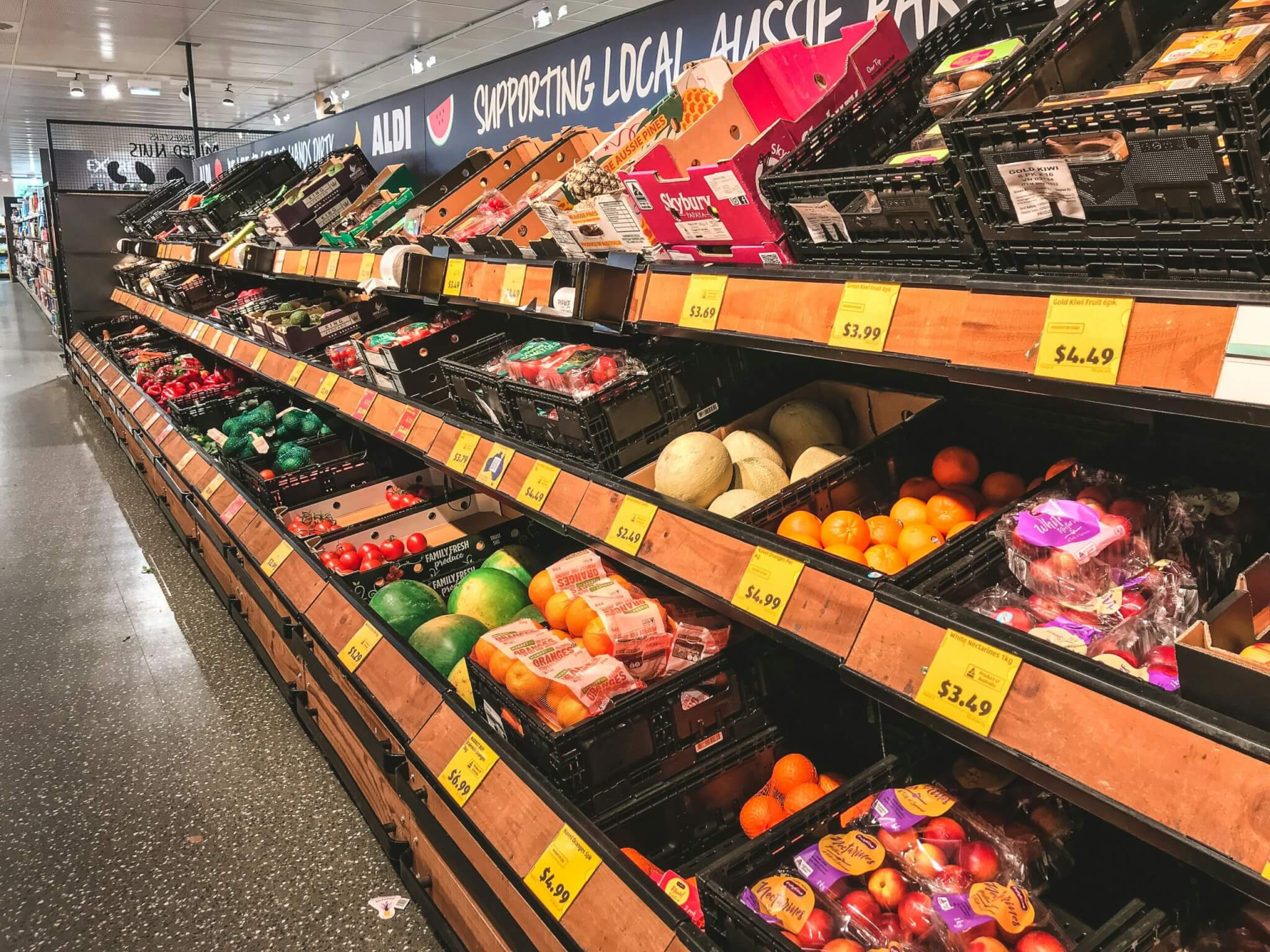I hope you return to post-festive routine well rested, well fed, and full of resolve to eat your way to corporeal and planetary redemption in 2019. Despite the Beast from the East, and a cold wet spring followed by a drought, 2018 rallied as it went on. I reckon we made our luck; perhaps the turning point was June 8th, when we became employee owned. Even Lee, our grounded finance director (not prone to flights of ideological fancy) suggested that the best sales, productivity and margins we have seen since the recession could be down to co-owner engagement and the harnessing of what we are coming to term our collective intelligence’. Finally we can give the pay rises that have long been deserved; indeed, one of our first tasks for 2019 is to completely review all aspects of pay and conditions under the guidance of a remuneration committee made up largely of co-owners from our recently elected council. Unlike Lee, I take regular flights of fancy…I reckon we can fly higher still, although the need to keep a limb in the soil creates occasional tension (some might say chaos).

More conventional farmers were willing to shake my hand in 2018; there seems to be an acceptance that chemical farming is reaching the end of the (wrong) road, and that there might be something in that organic malarkey. Few will take the full plunge but, particularly around soil health, there is growing acknowledgment that important lessons can be learnt from organic farming.
Ten years ago, a doctor enthusing about the importance of our gut biome to human health would have been ostracised; today they would be undisputed. Mainstream acknowledgement of the extraordinary (and currently neglected) intricacies of a healthy soil biome is on the same trajectory. Within the next five years, it will be widely recognised that our future depends on the mycorrhizal fungi, bacteria, protozoa and invertebrates that teem below us. The grip of Syngenta, Bayer, Dow, Monsanto and DuPont on global agriculture is weakening, as farmers begin to take back control. Most farmers are intuitively conservative, but this should not mean being the pawn of an agrochemical company; it should mean developing the skill to conserve your soil yourself.











0 Comments